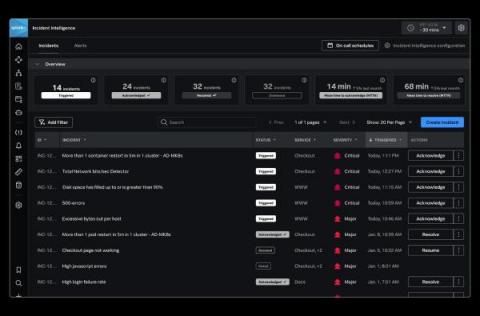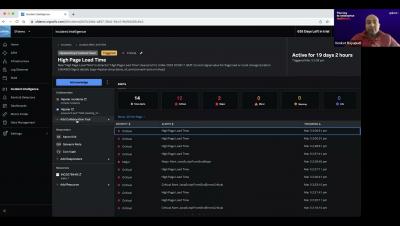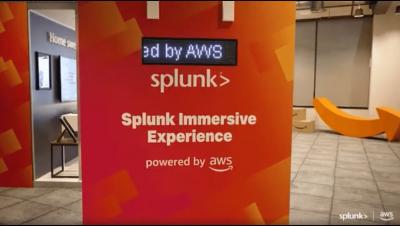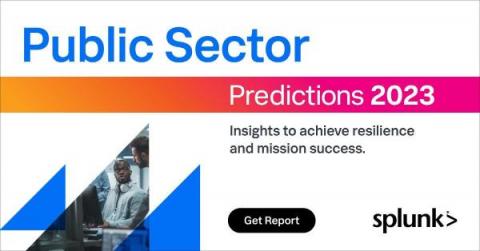Splunk Open Source: What To Know
Yes, yes, it’s true: Splunk is not open source — and that’s for good reason. We do support a lot of open-source efforts, as you’ll see below. I’ll also point you to areas to try out Splunk for free and look at common reasons organization opt for open source.











